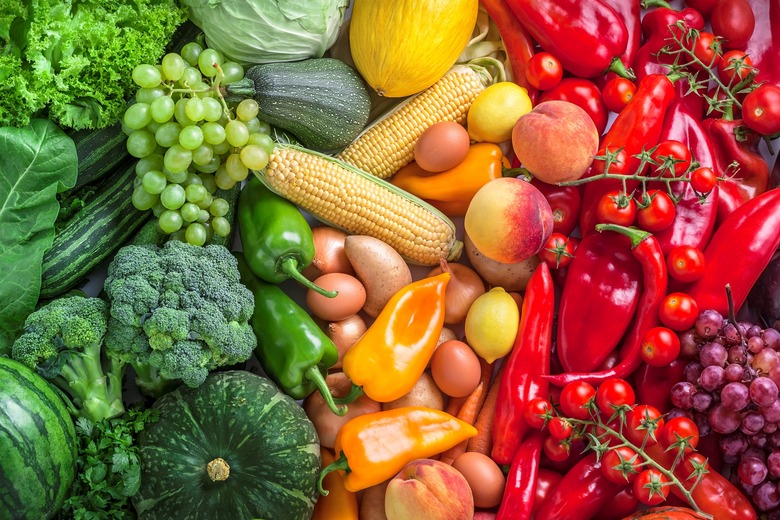Prices Drop On Wholefoods As They Become Readily Available Across 'Non-Organic' Retailers
If you want organic broccoli for dinner, you don't necessarily have to visit Whole Foods. A study by Nielsen shows that certified natural products are just as available at traditional supermarkets and discount grocers as they are fresh market retailers.
In the last year alone, 88 percent of U.S. households purchased organic food and beverages. In fact, 29 percent of shoppers are specifically influenced by a product's organic claims, whether it's edible or cosmetic. Consumers care the most about having organic baby food, and they care less about items such as milk, lotion, and ice cream.
Of course, price is a huge factor in whether or not someone might choose wholefoods over processed goods. Organic eggs cost an average of 122 percent more than the average retail price for eggs. Organic milk is 87 percent higher, vitamins are 40 percent higher, and baby food is 20 percent higher.
With that being said, private-label products can actually put organic foods at a more affordable price for those with less disposable income. Researchers at Nielsen compared two baskets of organic items — private versus branded — and the private label basket was 18 percent less expensive than the branded basket. Some corporate names in the organic foods industry include Annie's Homegrown, Honest Tea, Naked Juice, Kashi, Earthbound Farms, and Bear Naked.
Choosing natural foods over the latter promotes a cleaner, healthier lifestyle. Here are 25 foods that you should always buy organic.
